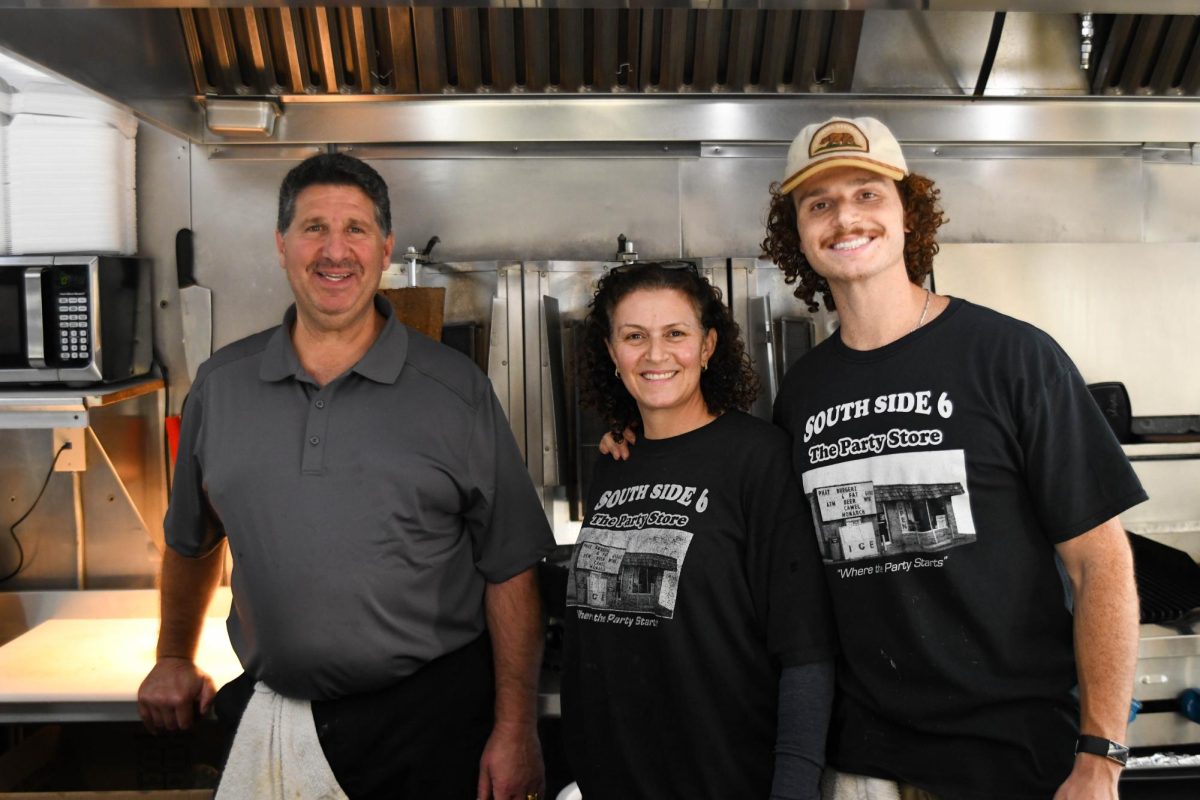Many non-Greeks at the University probably wonder why it devotes so much of its resources towards Greek life. After all, Greeks make up less than 15 percent of the campus population and occasionally there are reports in the media of one group or another acting in some irresponsible way.
So why does the University care? Why does it have a whole office called Greek Affairs dedicated to maintaining and advancing Greek organizations? Why does the University spend the money to have the office space, two full-time staff members, a number of different part time advisers, a Web site, on-campus housing, scholarships and awards for Greek members in addition to all the administration work that goes along with it? One may contend that it’s in the money, philanthropic money that is.
One argument for investing in Greek life may be the brotherhood and sisterhood that is created inside of these groups. However, others contend that those benefits can’t be measured in any tangible way. Another argument may be the interpersonal and business skills that these organizations provide. However, with the growth of other non-Greek campus organizations some now contend that individuals who may have joined a fraternity or sorority may find alternative leadership and organizational development opportunities elsewhere. The arguments are many but most of them are normative and cannot be measured.
Therefore universities, including this one, are like any other public institution in that they must see tangible results if they are going to invest in something, often look at what Greeks donate. Although there may be some trouble proving Greek organizations are worth the resources being invested in them, some data does exist that suggests Greek groups are well worth the investment. Greek groups across the nation produce the most active and philanthropic alumni. According to the Delta Tau Delta International Fraternity’s Web site at www.delts.org, “colleges receive more gifts and in greater amount from fraternity and sorority alumni.” They contribute money, come back to the University to see how things are going, go to sporting events, and spend money at the their respective universities and within the towns that they are located. They spend and donate money and in the process spur growth.
Therefore the profit far outweighs the expense that the University incurs when investing in groups that seemingly know how to nurture undergrads who will become great contributors.
The ability of fraternities and sororities to create great alumni may stem from the activities that they take part in during their years as undergrads. It is common for even the most mediocre fraternities and sororities to participate in community service and philanthropic events.
On this campus, 22 Greek groups who submitted numbers to the Office of Campus Involvement last spring raised over $103,762 for charity and 25 groups completed 20,386 community service hours. Additionally, fraternities and sororities are some of the most active participants in campus- wide philanthropies such as the Dance Marathon — held every spring to benefit the Children’s Miracle Network.
One fraternity, Sigma Chi, raised over $16,000 for that event last year through their bike ride from Cincinnati to Bowling Green. The Sigma Chi fraternity and the Alpha Chi Omega sorority tied for the Gold Cup Award, an award given to the most philanthropic Greek group. The Alpha Chi Omega sorority’s volleyball tournament, in addition to other events, enabled the sorority to raise $16,000 for Dance Marathon and the First Step Shelter in Toledo.
Successes such as these show how Greek undergrads contribute greatly to the community through these events and others and still have fun while doing it.
In reference to the BETA 500 held by Beta Theta Pi Fraternity, Katie Strange of the Delta Gamma Sorority stated that “it’s hard to imagine having that much fun can raise thousands of dollars for charity.” Katie’s sorority sister, Jenny Jones, added “that’s probably why there’s a philanthropic event held every weekend. It’s a great way for students to have fun and better themselves while giving back to the community.”
So although it may be hard to measure Greek life’s worth based on brotherhood or sisterhood, on business skills and opportunities, or the fun that they may have, there is strong measure behind the Greek’s ability to give back to the community and the university that they call their alma mater.







